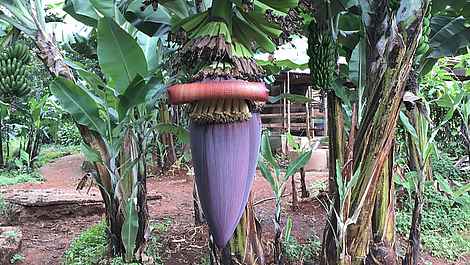Biodynamic farming produces food of high nutritional quality. Studies prove this to be measurable beyond subjective factors such as taste. The Section for Agriculture at the Goetheanum will discuss biodynamic food quality at its online conference.
Nutrition specialist Dr Jasmin Peschke, head of nutrition within the Section for Agriculture at the Goetheanum, says that “the determination of food quality is a broad field. Biodynamic farming is a method that includes the local situation.” Plants, for instance, are grown in a way that is in keeping with their surroundings. Farmers therefore have to be as diverse in their approach as possible. “Under these circumstances plants develop greater resilience compared to conventionally cultivated ones and this is evidenced in higher polyphenol and lower nitrate contents.”
These vital features have a positive effect on health. “If the human microbiome receives diverse stimuli it can develop accordingly and this enhances the immune response.” Jasmin Peschke adds, pointing to a study by Daniel Kusche, coordinator of Biodynamic Farming at Kassel University in Germany, who found that children in Germany who occasionally drink a glass of milk directly from cows on a biodynamic farm are less likely to develop allergies.
Biodynamic farming means that the soil quality is improved: humus content and soil diversity increase over time resulting in the soil being able to sequester an above-average amount of carbon dioxide. According to Lin Bautze, research assistant at the Section for Agriculture, “this has a positive effect on climate change.”
Jasmin Peschke points out that “It is important that children already build a relationship to the origin of food – as a first step towards fighting civilization diseases such as obesity and diabetes.” Lin Bautze reports from the Steiner School in Mbagathi, Kenya, where students overcome malnutrition by eating food from their biodynamic school garden. “This is evident, for instance, in the children‘s growth and improved health. And they learn at the same time how food is grown in tune with local conditions.”
